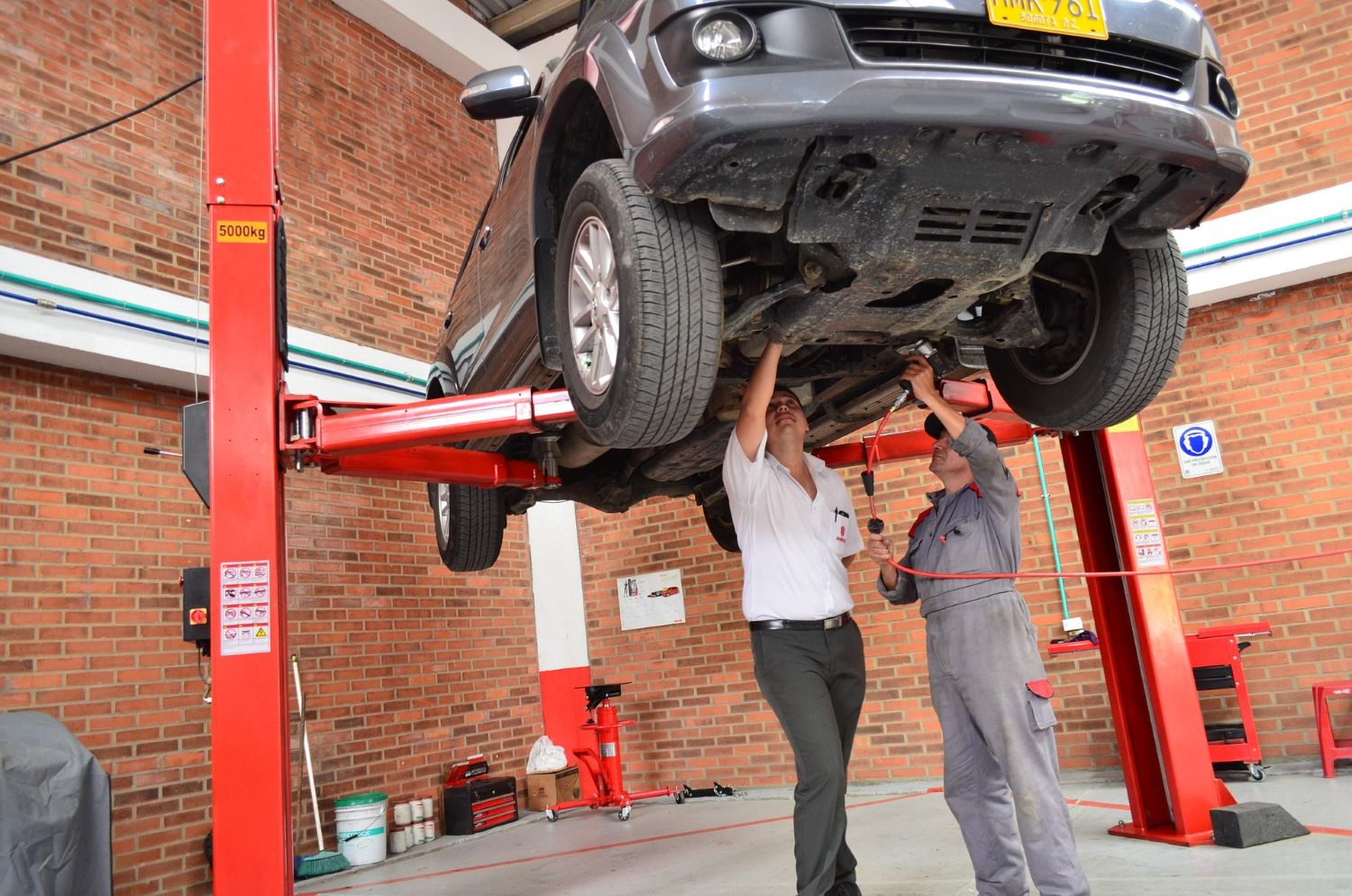Sure! Here’s the translation into American English:
—
Passing the Vehicle Technical Inspection (ITV) has become a real challenge for many drivers in Spain. This phenomenon is exacerbated by rising prices, as inflation has driven up the cost of spare parts by approximately 20% over the past year, while ITV stations have tightened their inspection protocols. As a result, two out of ten cars fail the inspection, and three out of ten don’t even show up.
In this context, the number of vehicles on the road without a valid ITV has reached alarming levels, with over three million vehicles in Spain having expired inspections, representing nearly 10% of the automotive fleet. Driving a vehicle without a proper ITV can be costly; the fine for having an expired or unfavorable ITV can reach 200 euros, while a negative assessment can lead to a fine of up to 500 euros, and the vehicle will be immobilized. Additionally, the General Directorate of Traffic warns that any vehicle that fails to pass the ITV for ten years will be declared a definitive write-off.
“The problem is not just regulatory; it’s also economic,” points out Jan Amat, CEO of Recomotor. Amat emphasizes that, with an automotive fleet averaging over 14 years old, many vehicles require significant repairs to pass the inspection. However, the cost of new spare parts has become a barrier for thousands of drivers, who consequently delay or avoid repairs, putting road safety at risk.
In this scenario, recovered spare parts are emerging as an increasingly used solution among workshops and insurers. Platforms like Recomotor offer certified parts with up to two years of warranty, allowing necessary repairs to be made at a significantly lower cost than new parts. “More and more workshops and insurers trust recovered components because they provide the same safety and traceability as new parts, but with savings of up to 60%,” explains Amat, adding that in many cases, this determines the possibility of keeping a car legally on the road.
Experts advise vehicle owners to have their cars checked at a workshop before going to the ITV. Critical components such as brakes, lighting, emissions, and other electronic systems are fundamental and, if repaired in time, can be decisive for passing the inspection. In this process, recovered parts are essential. “Engines, gearboxes, catalytic converters or NOx sensors can be refurbished with all guarantees and at a much more affordable cost than new parts,” states Amat.
The rise of recovered spare parts also responds to motivations beyond the economic, aligning with current regulations on sustainability and the circular economy. Royal Decree 265/2021 establishes that only Authorized Treatment Centers (CAT) can extract and market parts with traceability and safety. Moreover, it stipulates that at least 95% of a vehicle’s weight must be allocated for recovery, with 85% for reuse or recycling.
“We are at a point where better repair is also a way to be more sustainable. Each recovered part means less waste, fewer emissions from manufacturing new components, and a vehicle that can continue to operate with all legal guarantees,” concludes Jan Amat.
via: MiMub in Spanish











